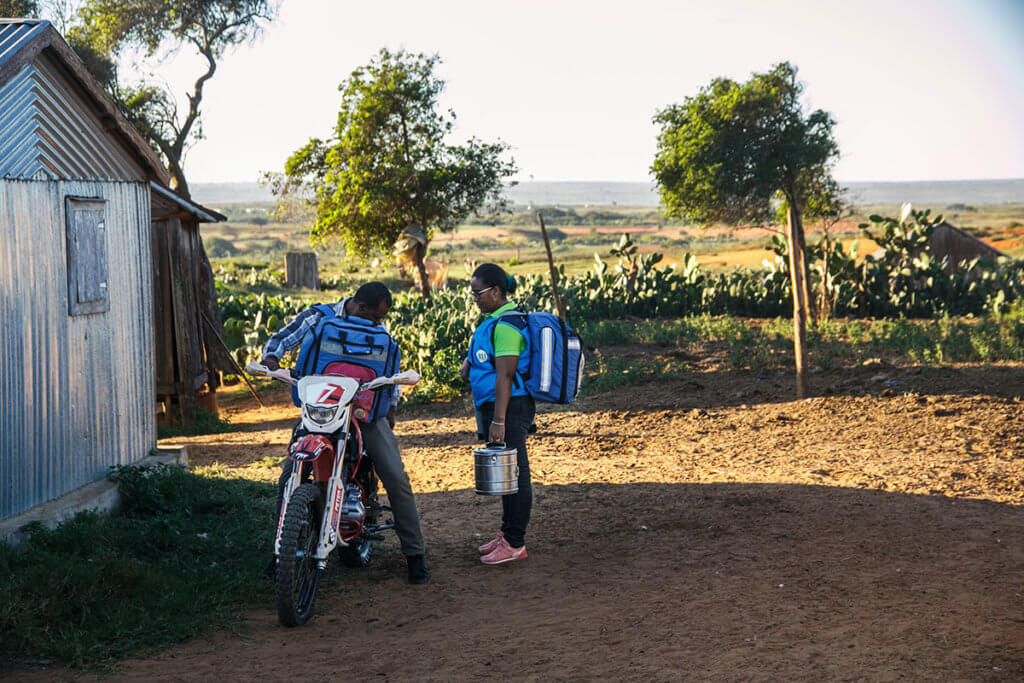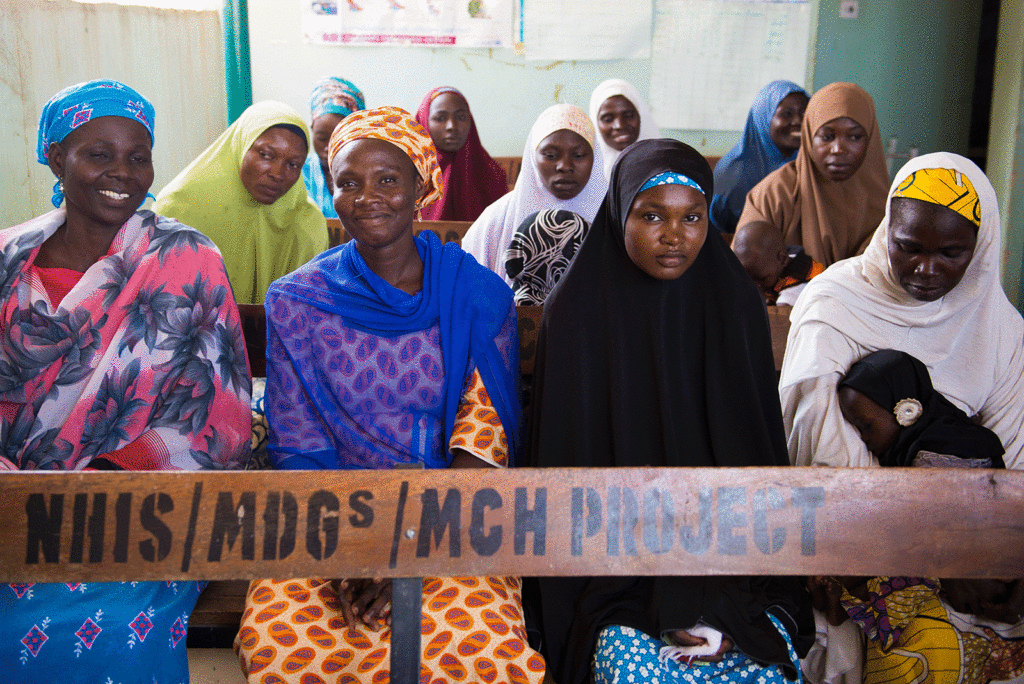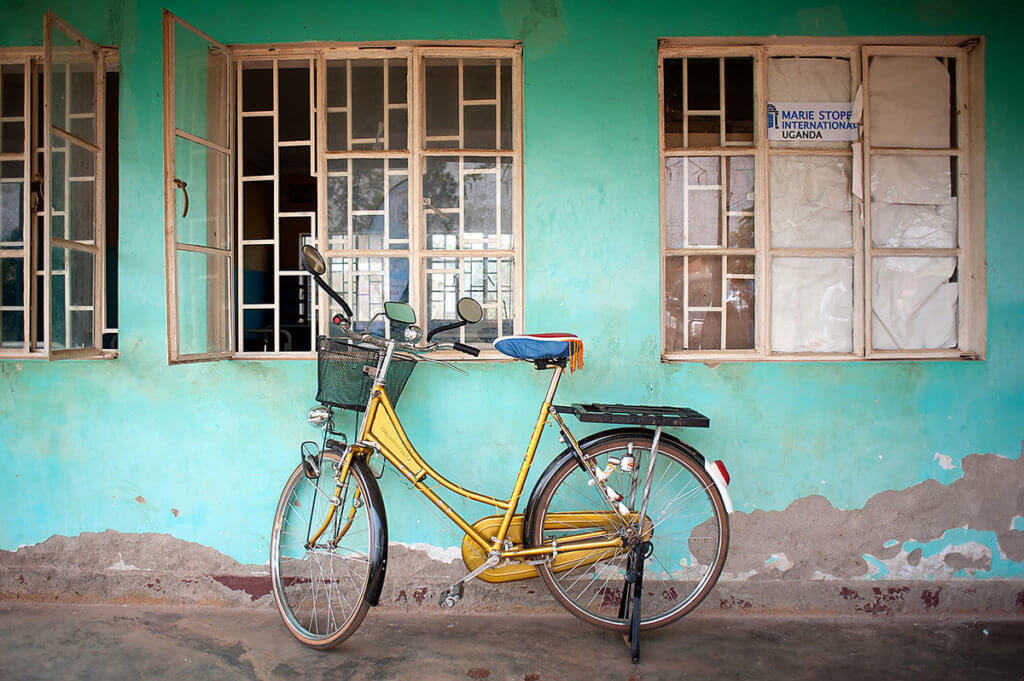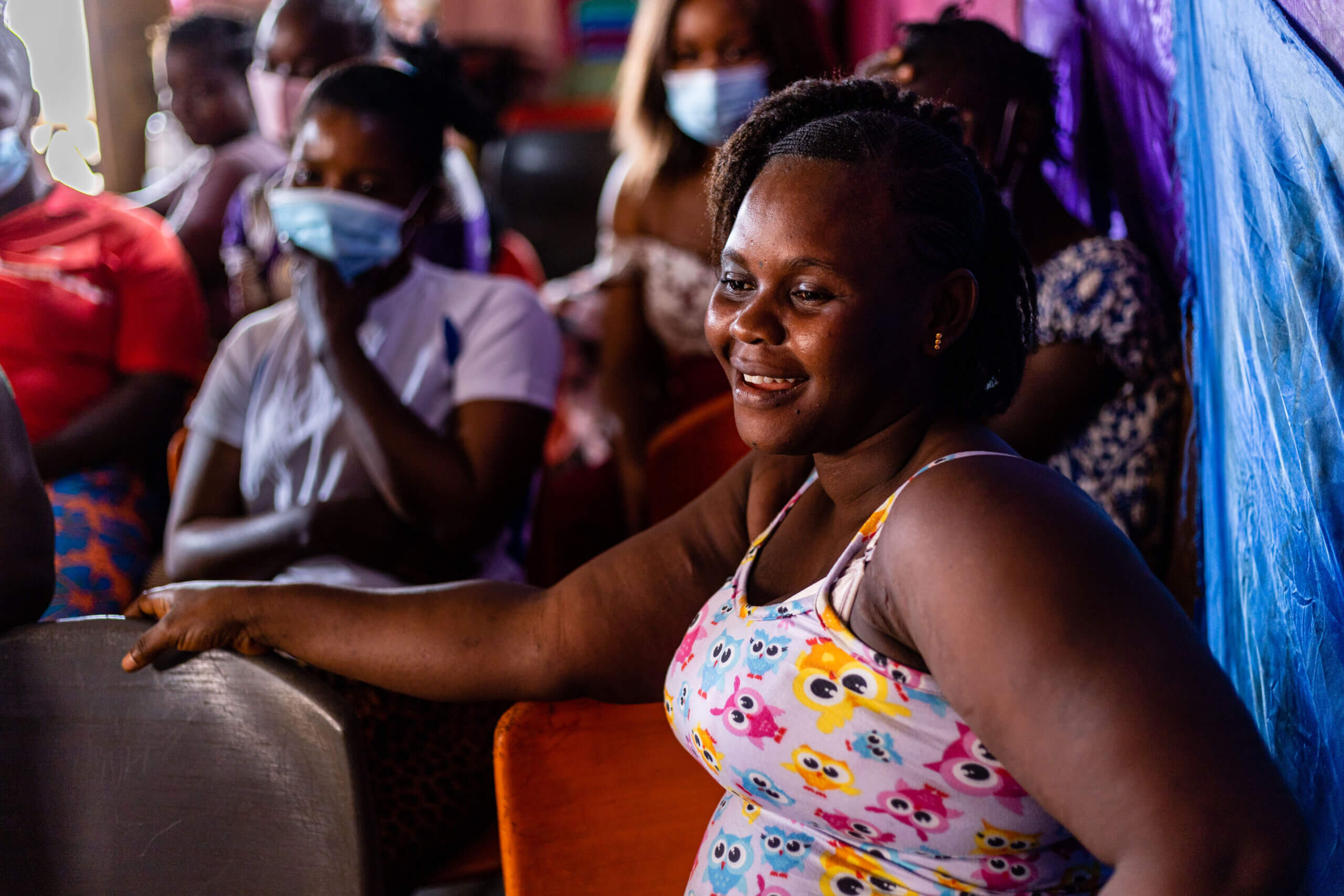Public sector strengthening at MSI
For many people, their closest, most affordable provider of sexual and reproductive healthcare is a public sector facility, funded through their national healthcare system. But too often, these facilities don’t offer the full range of services. Clinics can be short on the right supplies, and the staff can lack the training needed to deliver services like IUDs, implants, or care after an unsafe abortion.
This creates deep divides. Women who can afford private sector care have more options. But people with fewer resources or living in more rural communities are forced to rely on short-term contraceptives that must be replenished, if they can access contraception at all. And they have no options for safe abortion or care if they experience problems after an unsafe abortion.
To give every woman access to choice, MSI is working in partnership with public health systems. It’s a cost-effective and impactful way to give more women the reproductive healthcare that can transform their lives.

Partnering with governments to strengthen health systems
Along with being a direct provider of contraception and abortion, MSI partners with governments to provide sexual and reproductive healthcare so that everyone, everywhere has access to healthcare long-term. These partnerships are operating in 23 countries, reaching the women and girls often left behind, primarily in rural and hard-to-reach communities.
The World Health Organization estimates that 200 million people currently want contraception but have no access. MSI’s partnerships with government are helping to fill that need and help the 35 million women who resort to unsafe abortion every year. Now, many of these people can rely on their public sector providers to access a full range of safe, effective contraceptive methods, as well as abortion care or care after an unsafe abortion.

MSI’s high-impact approach
Our work to strengthen health systems is increasing choice, quality, and reach of services. We’re working in close partnership with local communities, healthcare facilities and governments to:
- Shift community norms, such as taboos against using contraception
- Build the skills of reproductive healthcare providers so they can provide a full range of services
- Put client-centered data and voices at the heart of decision-making
- Drive policies that support best-practice services
- Stock quality supplies and build strong supply chains
This isn’t a one-size fits all approach: Our programs are diverse, responsive, and co-designed with governments. But in general, our collaboration with local communities and partners includes the following steps:
- First, we directly support local health teams and communities to create change. This includes training health workers, supporting grassroots partners who are changing the conversation around sexual and reproductive health, and ensuring facilities are up-to-date.
- Then we step back to enable the local teams to lead, providing indirect support where we’re needed.
- Finally, when quality of care is consistent, we take our resources on to the next place.
This work is designed to be sustainable and lasting. The impacts will be felt well into the future. New generations of women and girls will have high-quality sexual and reproductive healthcare at their fingertips.
And while the aim is to phase out our direct health system strengthening support when the appropriate time comes, MSI will still be present and working hard in other ways to build a better future. We’ll continue sharing our expertise, advocating for better policies, and doing everything we can to strengthen access to sexual and reproductive healthcare for all.
A spotlight on MSI’s partnership with Uganda
We partnered with the Ugandan government to offer women a full range of contraceptives and it was a major success.

Before this partnership, women in Uganda had few choices when it came to contraception. 1 in 3 women looking to use contraception had no access. And amongst women using contraception, the majority went to a public sector facility and received a short-term method. This was the only option for many due to training and supply issues.
To expand choice for women in Uganda, we worked with the government and other partners, contributing MSI’s unique expertise to help strengthen the health system.
By engaging stakeholders across the spectrum, we identified skills gaps and challenges and co-designed a new program to increase reproductive choice. This included training healthcare providers on long-acting contraceptive methods. We also upskilled district and health facility teams on stock and supply chain management to ensure the right supplies are available when they’re needed. Finally, we improved the quality of their health system data to support data-driven decision making.
“These trainings have helped us improve our services and the quality we offer our clients. We can now counsel on and provide any method confidently and clients are able to select any family planning method they want.”
A GOVERNMENT PROVIDER IN BUNYANGABU, UGANDA
Through this transformational partnership, we supported 515 facilities across 95 districts in Uganda to deliver a full range of contraceptives. These facilities supported over 400,000 clients in 2021. We’re proud to report that more clients than ever before (9 in 10) said they received counselling on a full range of methods. And 85% opted for a long-acting method from the expanded choice available.
This partnership increased access to quality healthcare and choice in a collaborative and sustainable way. That’s what our health system strengthening work is all about.






